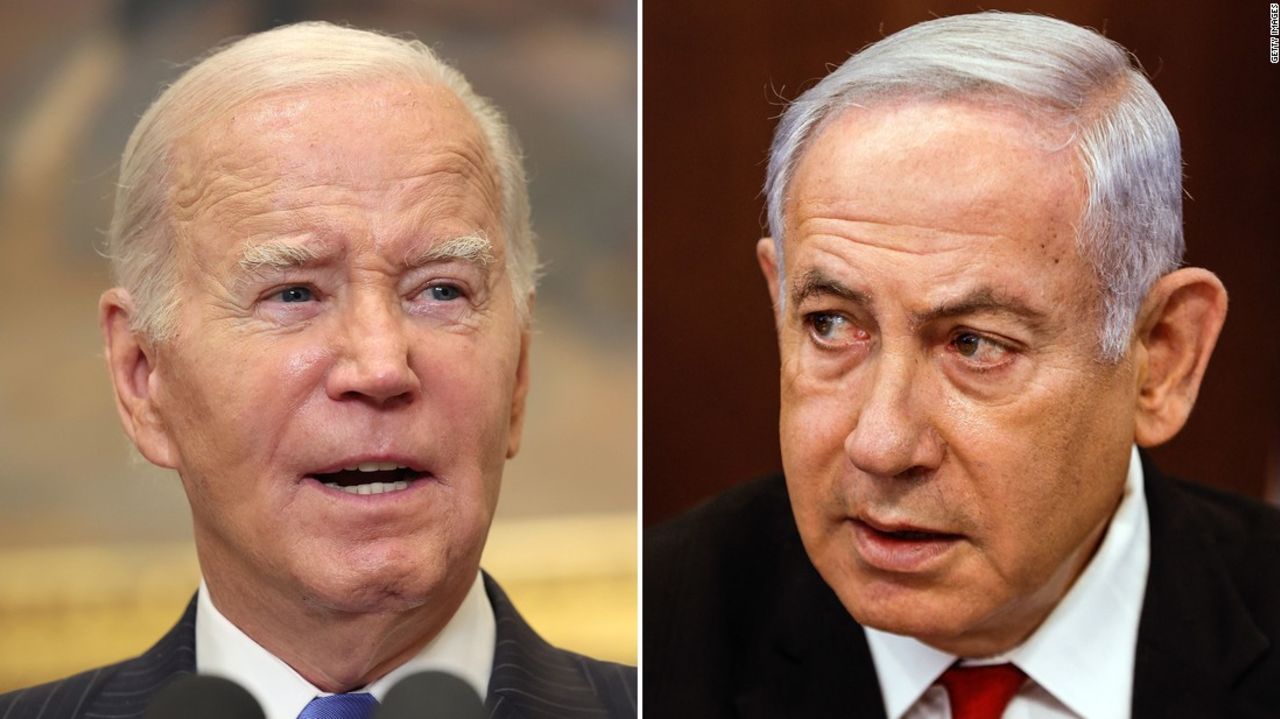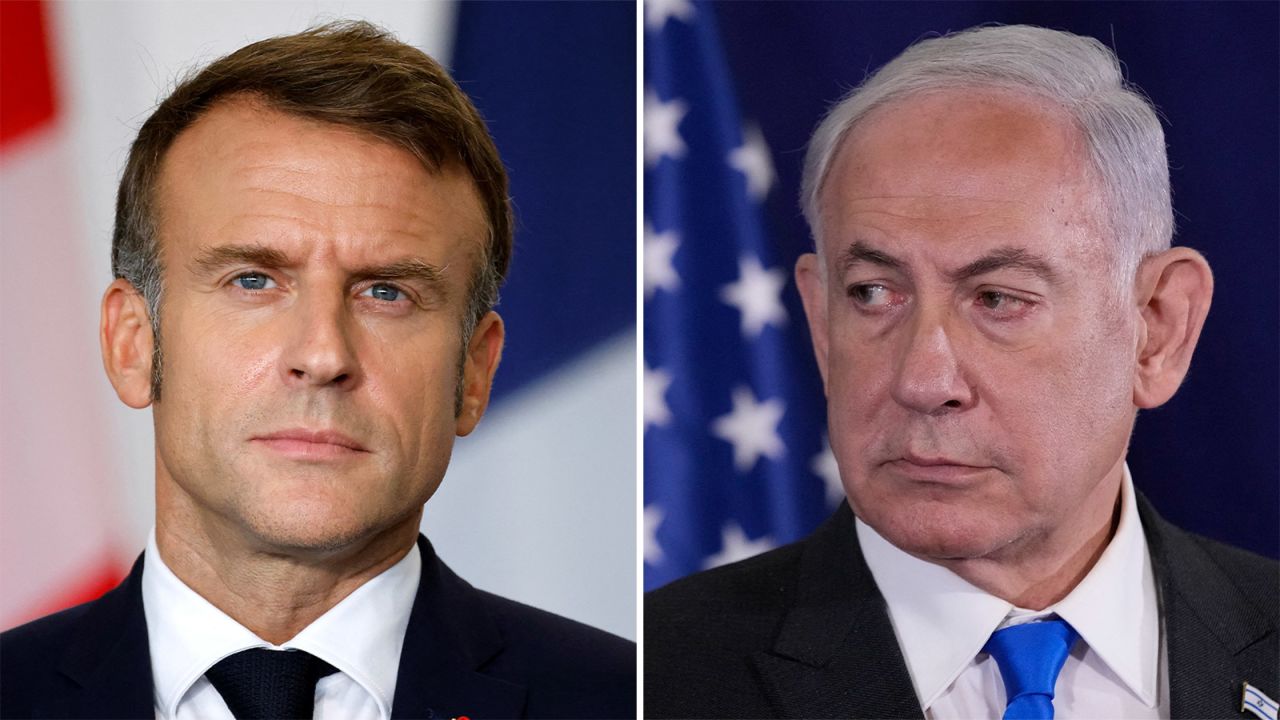What we covered here
• The US launched airstrikes against the Houthis in Yemen, targeting five underground weapons storage facilities. It’s the first time the US has used B-2 stealth bombers to attack the Iran-backed militant group since tensions spiked in the Middle East a year ago.
• Israeli forces fired at a UN peacekeeping position in southern Lebanon, damaging a watchtower, according to the UN. The UN has said the Israeli military has fired on its peacekeepers multiple times, forcibly entered a base, stopped a logistical movement and injured more than a dozen troops in Lebanon in recent weeks.
• Destruction continues in Lebanon where a UNICEF official says 400,000 children have been displaced as a result of the ongoing conflict. Additionally, the mayor of a southern Lebanese city was killed in a strike on Wednesday, according to state media.
• Meanwhile, there have been no negotiations for a hostage release and Gaza ceasefire deal for almost a month, Qatar’s prime minister said Wednesday, adding that “we are just moving in the same circle with the silence from all parties.”


























